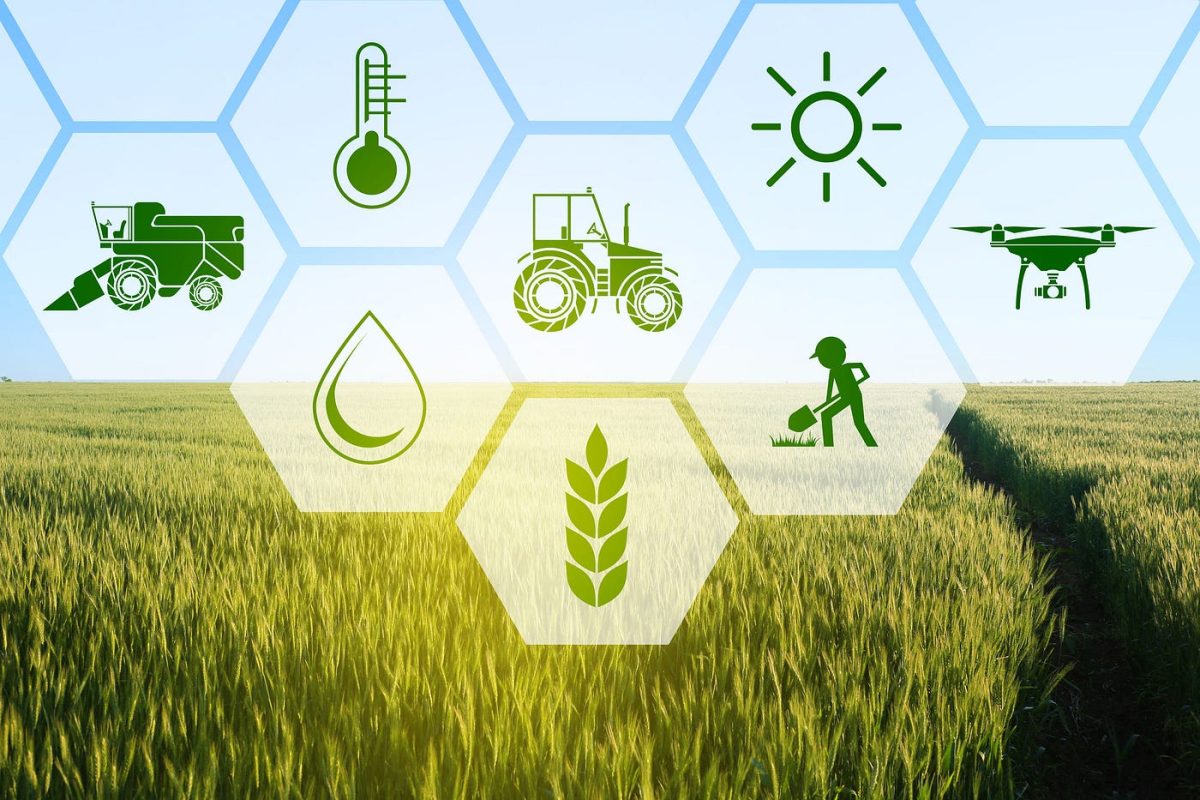YETRAC
Agricultural Products Embrace Digitalization with Blockchain Technology
Agricultural Products Embrace Digitalization with Blockchain Technology
In recent years, the agricultural sector has witnessed a significant transformation propelled by advancements in technology. One such innovation that is revolutionizing the industry is blockchain technology. Traditionally associated with cryptocurrencies, blockchain’s decentralized and transparent nature offers immense potential for streamlining operations and enhancing trust across the agricultural supply chain.
What is Blockchain Technology?
Blockchain technology is a decentralized digital ledger that records transactions across multiple computers in a way that ensures transparency, security, and immutability. Each block in the chain contains a cryptographic hash of the previous block, creating a permanent and unalterable record of transactions.
Integration of Blockchain in Agriculture
The integration of blockchain technology in agriculture is unlocking numerous opportunities for farmers, producers, distributors, and consumers alike:
- Traceability and Transparency: Blockchain enables end-to-end traceability of agricultural products from farm to fork. Each step in the supply chain, including planting, harvesting, processing, and distribution, can be recorded on the blockchain, providing consumers with transparent information about the origin, quality, and journey of their food.
- Supply Chain Efficiency: By digitizing and automating processes, blockchain streamlines supply chain operations, reducing inefficiencies, delays, and errors. Smart contracts, self-executing contracts with the terms of the agreement directly written into code, enable automated payments, agreements, and compliance with regulations.
- Food Safety and Quality Assurance: Blockchain enhances food safety by enabling rapid identification and containment of foodborne illnesses. In the event of a food recall, blockchain enables swift traceability to the source of contamination, minimizing the impact on public health and the reputation of the agricultural producer.
- Provenance and Authentication: Blockchain helps combat food fraud and counterfeit products by providing a tamper-proof record of a product’s journey. Consumers can verify the authenticity and integrity of agricultural products, such as organic certification, fair trade practices, and sustainability claims, through blockchain-enabled digital certificates.
- Market Access and Fair Trade: Blockchain facilitates direct peer-to-peer transactions between farmers and consumers, eliminating intermediaries and ensuring fair compensation for producers. This direct market access empowers small-scale farmers, promotes sustainable practices, and fosters economic inclusion in agricultural value chains.
Case Studies and Future Outlook
Several initiatives and pilot projects worldwide are leveraging blockchain technology to transform agriculture. From coffee and cocoa in Africa to seafood in Asia and fresh produce in Europe, blockchain is enhancing transparency, trust, and efficiency across diverse agricultural sectors.
Looking ahead, the widespread adoption of blockchain technology in agriculture holds immense promise for driving sustainability, resilience, and inclusivity in food systems. As stakeholders across the agricultural value chain embrace digitalization, blockchain stands poised to revolutionize the way we produce, distribute, and consume agricultural products, paving the way for a more transparent, efficient, and sustainable future.

